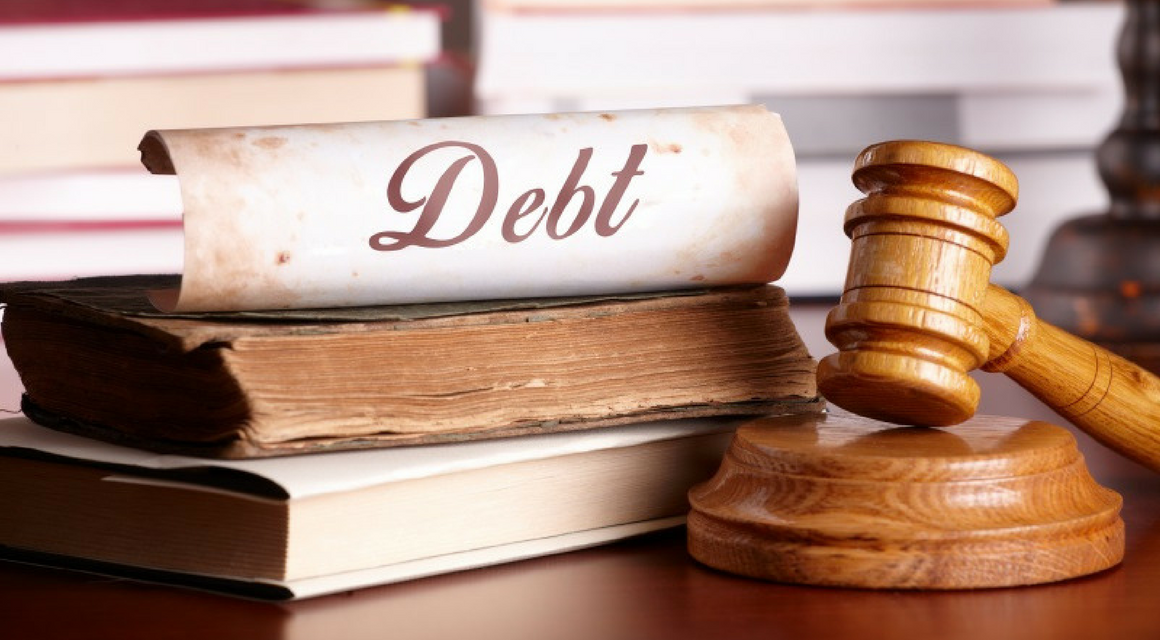
Common Debt Collection Questions.
You could commence a legal action against the debtor to recover your debt by engaging a lawyer to issue letter of demand and/or to sue your debtor.
All the documents and records to prove the existence of the transaction. For instance, in a case for good sold and delivered, you may need to produce delivery order and/or invoices to prove the same. Please contact your lawyer to get find out the evidences required.
Any debts owed to you in monetary forms could be recovered as long as there are sufficient evidences to prove so together with the late payment interest, if any
Yes.The earlier you initiate debt recovery, the better as it’s difficult to get evidences/ or witnesses when the times go. Generally speaking, the time limit to recover your debt is 6 years from the due date of the debt. You are not able to claim against the debtor after the limitation period. Speak to your lawyer to the details of the limitation period.
Generally, the whole process from the issuance of a letter of demand to obtaining a undisputed judgment in court against the debtor takes around 3 months.
In the event the matter is disputed, the process would take extra 3 to 6 months depending on the Court’s schedule.
No. You are still allowed to commence legal proceedings even it the debtor could no longer be located. You can still obtain a court order against the debtor (“judgement in default”) in the absence of debtors. You may even enforce the judgment against the assets of the debtor.
There are several ways to enforce a judgment, depending on the circumstances of each cases:
- Writ of seizure and sale – To seize the debtor’s asset and auction off to the public
- Writ of possessions of immovable property – To take over the property/ lands of the debtors
- Judgment debtor summons – To initiate bankrupty action against the debtors
- Garnishee proceedings – To freeze the debtor’s bank accounts and order the banks to release the funds in the bank in favour of your
- Committal proceedings – To fine or imprison the debtors for his contempt of court.

